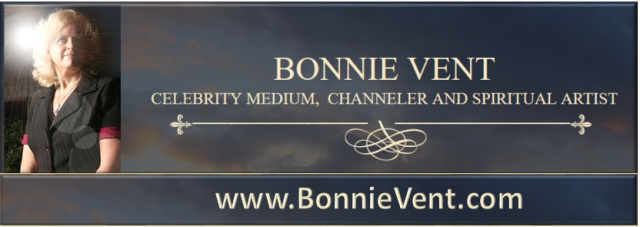
Staff links museum's ghost to war veteran's unburied remains
Iron Island Museum "ghost" has been revealed as war veteran Edgar L. Zernicke, according to psychic from Atlanta
Pictures would go missing from tables. Shadows darted about and, occasionally, a voice seemingly came out of nowhere to bid hello. Volunteers dismissed it as "Charlie the Ghost" acting out once again.
But now "Charlie" has been reunited with his true identity.
He is war veteran Edgar L. Zernicke, whose ashes were in one of the canisters tucked into a basement closet and left behind by Church Funeral Home, which was later sold to Amigone Funeral Home, which donated the building to the museum in August 2000.
Did the graveless Zernicke personally speak from the great beyond to inform Iron Island officials it was him they were experiencing?
No, but something almost as strange occurred.
"We had a psychic from Atlanta come here last year, and he climbed up into the attic. When he came back down, he said the man's name begins with an E, it's Edgar," said Linda J. Hastreiter, president of the museum at 998 Lovejoy St.
At the time, she thought nothing of the information, but her interests were stirred when she started doing research to find out if any of the ashes were those of war veterans.
"I checked the list of names from the ashes and there was the name Edgar Zernicke on it," Hastreiter said.
She concluded the psychic was indeed correct about the ghost's identity.
She says her certainty is fortified by the fact that no one but the museum's volunteers had access to the names affixed to the canisters with the remains, meaning there was no way the psychic could have known there was an "Edgar" among the canisters.
Inspired, Hastreiter redoubled her efforts as the regional coordinator for the Patriot Guard Riders' Veteran Recovery Program, which aims to find the unclaimed remains of U.S. military veterans and provide them with a proper military burial.
In recent years, there has been a national movement to locate and bury unclaimed veterans' remains, which, in some cases, have collected dust for decades in the basements of hospitals, funeral homes and other institutions.
"I Googled the name Edgar Zernicke, and his name came up as a Marine who fought in the Sandino Rebellion in Nicaragua in 1928. He later joined the Navy in the early 1930s and moved to Buffalo and lived in the East Delavan area working as a tool and die maker," Hastreiter said.
Zernicke died at age 87 in 1992.
In order to provide him with a military funeral, Hastreiter was required by law to get permission from the long-dead warrior's family.
Additional research on the Internet guided her to Zernicke's grandson, Kenneth Zernicke, in Maine, who told her that Edgar's son, now 74, has been living in Spain for decades.
"I was able to send the son an e-mail, and two days later I received an overseas call from him. He was thrilled to hear that we want to honor his father, and he sent us a written release to have him buried. He had thought everything had been taken care of by his sister," Hastreiter said.
Amigone Funeral Home, the current repository of the 24 canisters of ashes, will hold a funeral service for Zernicke in the museum the evening of Sept. 22.
Two days later, hundreds of Patriot Guard Riders from across the state and friends of the museum "who have gotten to know Edgar's ghost and his story" will travel in a procession to Bath National Cemetery, where he will be buried among fellow veterans.
Does this mean Edgar's ghost will be moving on as well?
"We're leaving that up to Edgar," Hastreiter said. "He's welcome to stay at the museum as long as he wants, so long as he doesn't come home with me."
Haunted by the fact that other veterans remains might have been among the 24 canisters, Hastreiter added she has now verified that 10 other canisters contain the ashes of unclaimed local veterans, mostly from World War I and World War II. Government records and the Internet site Ancestry.com, she said, helped her unearth the information.
To bury these 10 vets later this month with Zernicke, she says she needs to locate their relatives for permission. The names of those veterans and their death dates are:
William Wasilewski, March 12, 1979; Frank Wakowski, Dec. 7, 1983; Robert E. Sweeney, March 10, 1986; Alfred Gerwitz, July 10, 1986; Elmer Vogt, April 4, 1983; Ted Wrobel, Feb. 24, 1982; Neil Lembke, March 10, 1982; Louis Danza, Dec. 7, 1977; John E. Havice, Oct. 5, 1983; and Osborne Sellars, Feb. 17, 1982.
Hastreiter can be reached at the museum or by calling 892-3084. Her e-mail address is ljhgold@aol.com.
But even if family members cannot be reached, a new state law that takes effect starts on Nov. 11, Veterans Day, will allow for burial of unclaimed veterans' remains after a reasonable effort has been made to try and find their relatives.


